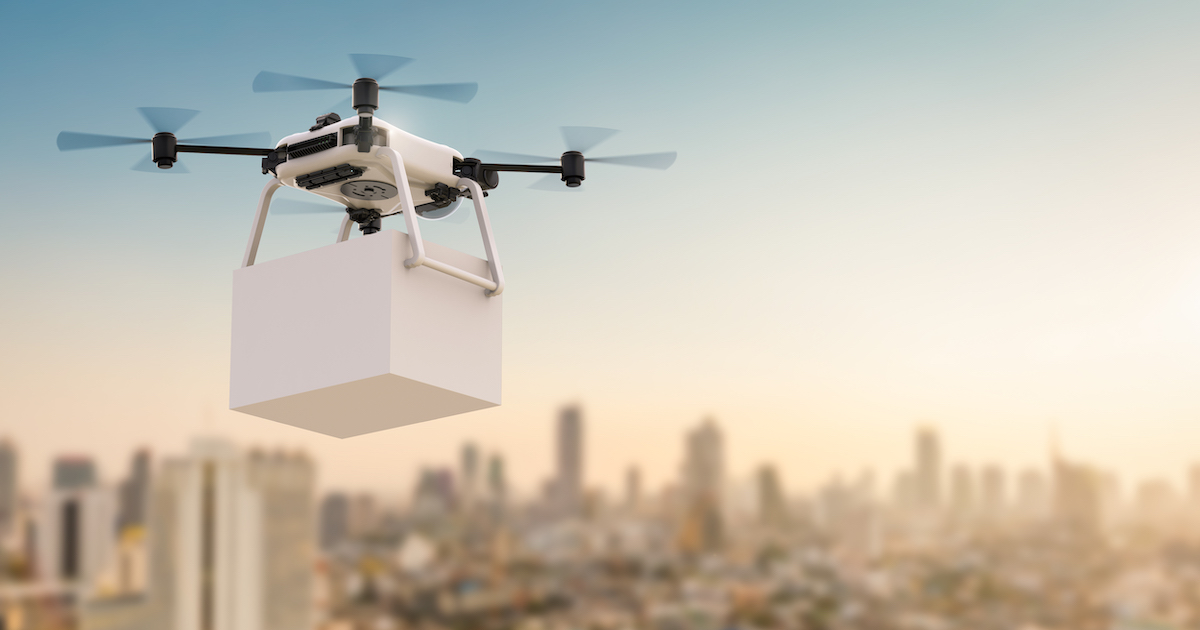Android 14 Brings Partial Support for OpenJDK 17, Improved Privacy and Security, and More

MMS • Sergio De Simone
Article originally posted on InfoQ. Visit InfoQ

Google has announced the first Android 14 beta, which provides support for over 300 OpenJDK 17 classes. Additionally, it implements a number of features aimed to keep malicious apps at bay and extends support for foldable form factors, battery usage optimization, and more.
While Android 14 aims to bring OpenJDK 17 to Android developers in its entirety, the first beta, though, only offers support for 300 classes. Google has provided no specific detail about which OpenJDK 17 classes have been added, but you can see a list of all changes in the java package in the official API diff document.
Support for OpenJDK 17 will not remain exclusive of Android 14 thanks to Google Play system updates, aka Project Mainline, which will make the latest Android Runtime (ART) available on older devices, too.
Google is also taking a step against malware and exploits by strengthening the requirements for dynamic code loading and disabling installation of apps targeting old API version.
Dynamic code loading is a mechanism often exploited by malware because it is prone to code injection or code tampering. To prevent this, Android 14 will require that for a file to be to dynamically loaded, it must be marked as read-only right after it is opened and before any content is written to disk. For an already existing file, Google recommends to delete it and recreate it following the approach just described before attempting to load it. Failing to do this will throw an exception.
Likewise, apps targeting an SDK version lower than 23 will not be installed on Android 14. This is motivated by the fact that malicious apps tend to target version 22 or older to circumvent the runtime permission model introduced in 2015 with the API level 23. Upgrading an existing device will not remove any existing app targeting older API levels, though.
Support for tablets and foldable form factor is an ongoing effort since Android 12L. In Android 14, Google is introducing a number of window size classes, to make it easier to design adaptive layouts; a sliding panel layout, to automatically switch from a side-by-side to a two-separate-panes layout depending on the display form factor; support for activity embedding, which enables splitting an application’s task window between two activities or two instances of the same activity; and other features that are all available in Jetpack Compose.
As mentioned, Android 14 beta 1 also strives to optimize battery usage by extending the Foreground Services API and the JobScheduler to make it easier for developers to use background tasks and reduce the use of foreground tasks, which are less energy efficient. Likewise, the use of exact alarms, which can significantly affect the device’s resources, now requires a specific user permission to be granted.
As a final note, Android 14 also improves customization support and introduces the Grammatical Inflection API.